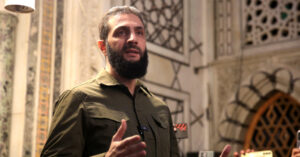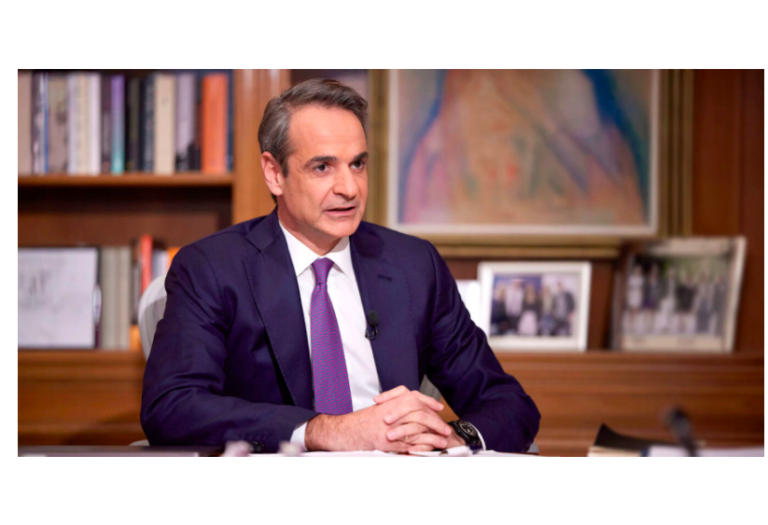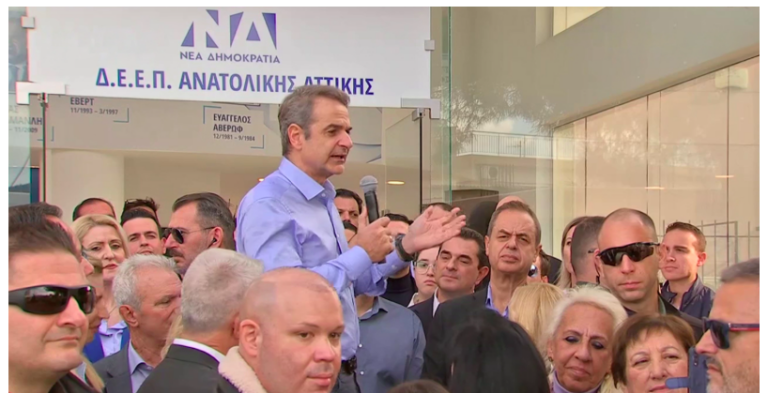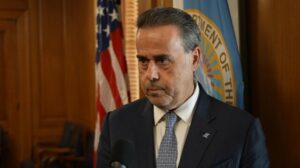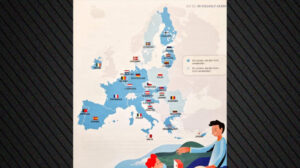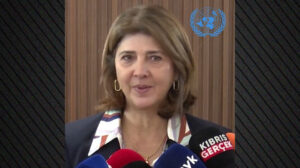The leader of HTS, after rejecting the pseudonym that has followed him for years – “Al-Jolani” is a Syrian alias referencing his origins and means “one from Jawlan,” the Arabic name for the Golan Heights – is making a clear and direct effort to define himself, particularly for the West.
Al-Jolani, now going by Ahmed Hussein Al-Sharaa, has granted two interviews just days after taking control of Syria and the definitive ousting of Assad’s regime. Both interviews – with global giants Sky News and CNN – convey the same unambiguous message: “I want direct communication with the United States.”
The HTS leader, aiming to reassure Western powers, stresses – even without being asked – that his goal is a new Syria with a constitution and institutions for all. He also highlights that his “time in Al-Qaeda” was merely “a phase.” Specifically, he told CNN that everyone goes through stages on their journey, and for him, being part of the terrorist organization was one such stage. The HTS leader emphasizes that his objective is Syria’s reconstruction, pledging that none of the populations or religious groups that form the country’s fabric will face any issues.
The voice of a man who has been on the world’s top terrorist lists since 2013 – with a $10 million bounty on his head from the U.S. and Europe – carries no hint of tension. His statements are measured and, most importantly, targeted. Ahmed Hussein Al-Sharaa does not shy away in any of his interviews and shows no hesitation in disavowing his terrorist past to create channels of communication.
Al-Sharaa clearly has a plan. That plan, at least for now, involves no country other than the United States. For him, ties to Al-Qaeda and ISIS are not insurmountable obstacles, and he appears fully prepared to offer Washington access if it can ensure stability not only for Syria but also for him personally.
The HTS leader’s actions indicate organization and, more importantly, a sense of direction. He hasn’t risen to prominence merely by exploiting circumstances but by doing so at a time most advantageous to him. This alone may suggest competence, but it will be challenging for him to convince others, as the face of this movement, that Syria is heading toward a genuinely new direction after nearly 50 years.
The messages sent by Syria’s new strongman are undeniably concerning for Russia and Turkey. Al-Sharaa has openly criticized Russian collaboration with the Assad regime in repressing Syrians and hinted at those attacking and occupying northern Syrian territory. However, he made no mention of the Israeli incursions in the south or the IDF strikes that have completely destroyed bases and weapon systems in his country.
The former Al-Joulani now seeks to convince the world that he is also a “former terrorist,” opening the door for straightforward dialogue with the most powerful Western nations. His composed appearances may not easily persuade anyone of his good intentions, but they will almost certainly grant him an opportunity to be heard – even through a representative – in the Oval Office. For the next U.S. President, Donald Trump, this man could become the figure shaping his administration’s policy in the region when he takes office on January 20.
Ask me anything
Explore related questions
